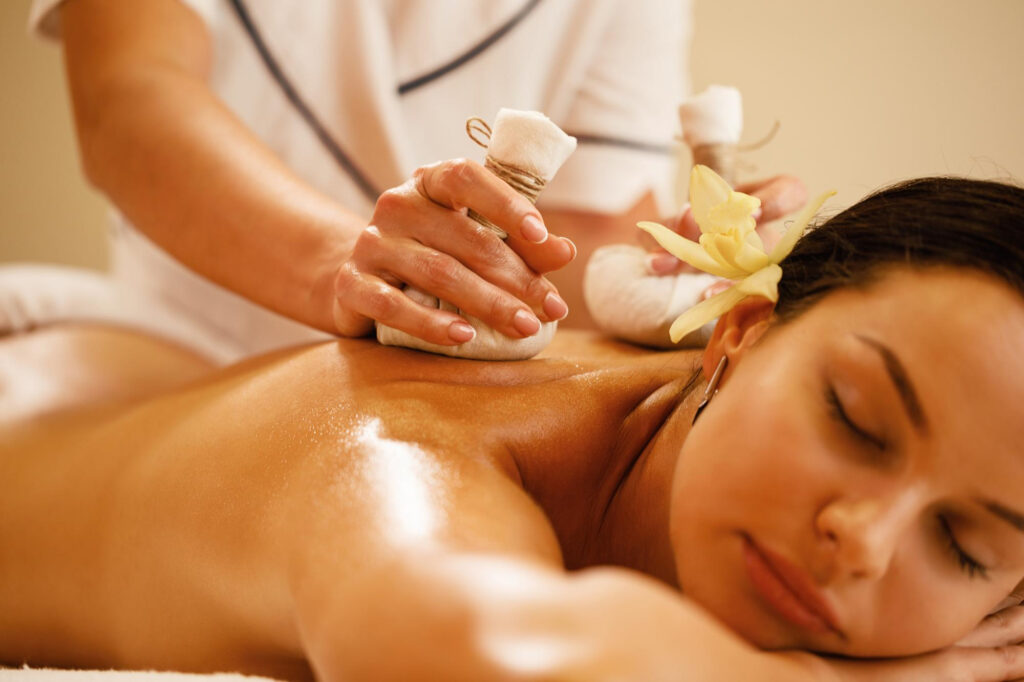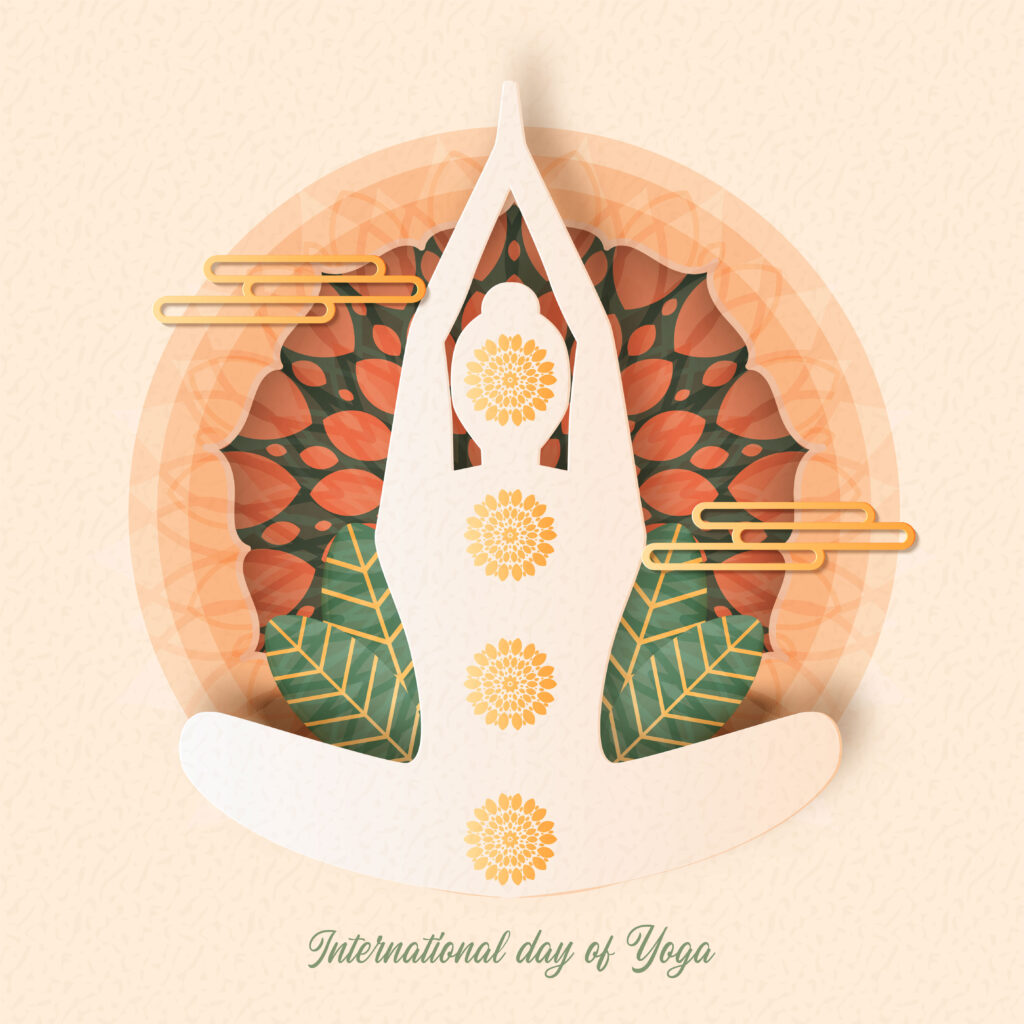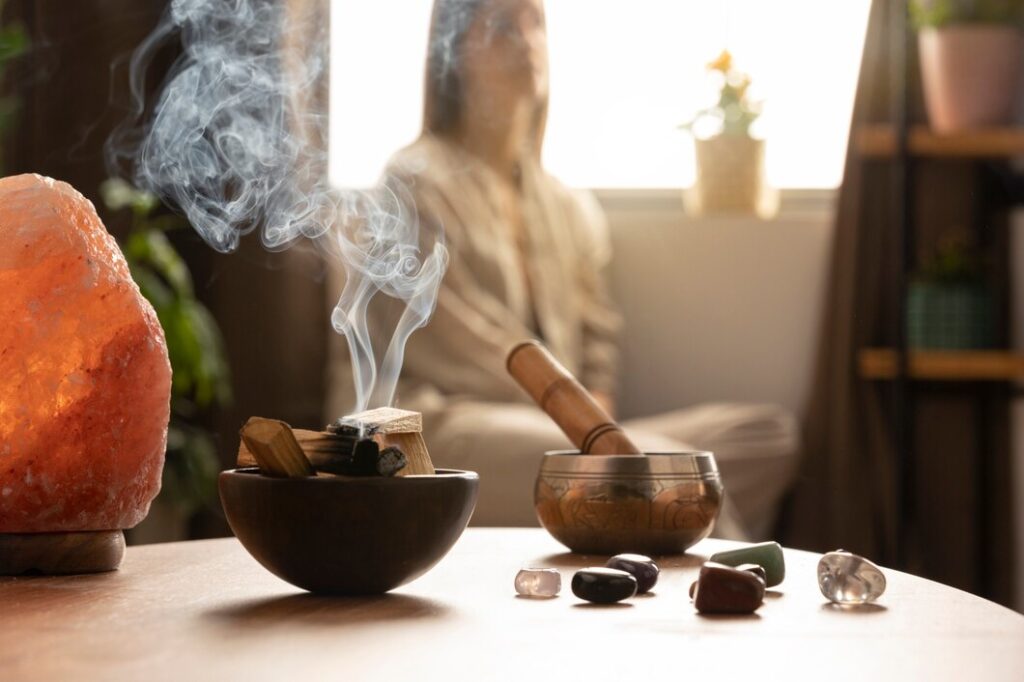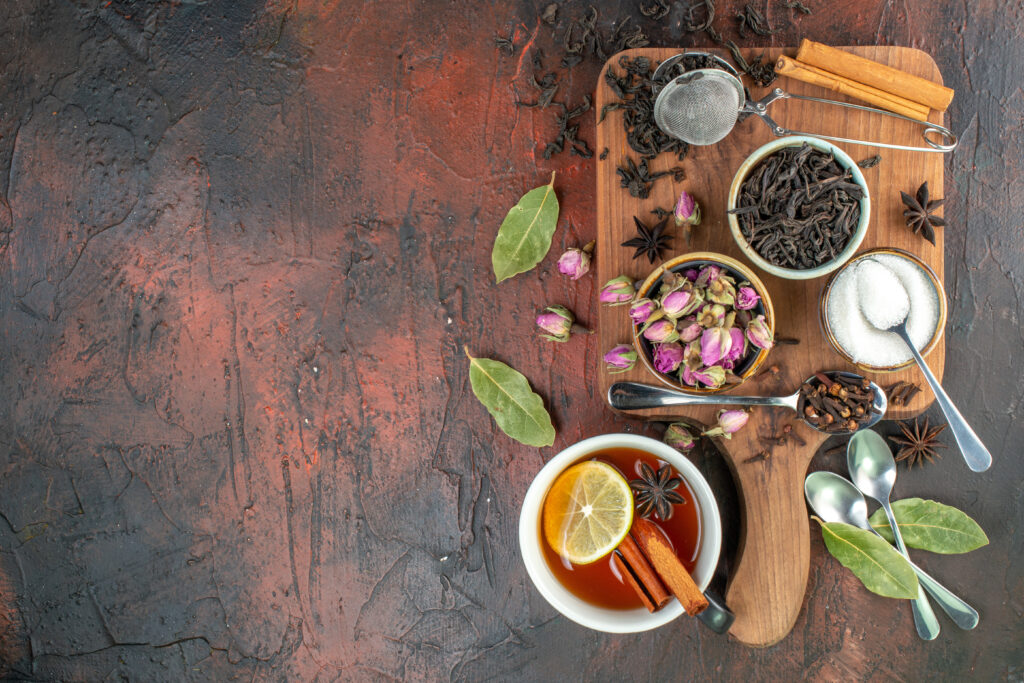Access World-Class Healthcare at Affordable Costs
In recent years, there has been a growing interest in alternative and traditional forms of medicine, with a particular focus on Ayurveda, Yoga & Naturopathy, Unani, Siddha, and Homeopathy (AYUSH). India, with its rich heritage in these ancient healing practices, has become a hub for medical tourism, attracting visitors from around the globe seeking holistic wellness and natural treatments.
AYUSH in India
Ayurveda
Ayurveda, a system of medicine with roots dating back over 3,000 years, utilizes a holistic approach to health. According to a report by the Ministry of AYUSH, there are over 7,000 medicinal plants in India, and Ayurveda harnesses the healing properties of many of these plants to treat a wide range of ailments.

Yoga & Naturopathy
Unani medicine, which has its origins in ancient Greece, thrives in India. With over 8,000 registered practitioners and numerous educational institutions, the Unani system is an integral part of India’s healthcare landscape, catering to a diverse population.

Unani
Unani medicine, which has its origins in ancient Greece, thrives in India. With over 8,000 registered practitioners and numerous educational institutions, the Unani system is an integral part of India’s healthcare landscape, catering to a diverse population.

Siddha
The Siddha system, prevalent in South India, relies on natural remedies and lifestyle practices. According to the Central Council for Research in Siddha (CCRS), ongoing research is exploring the potential of Siddha medicine in addressing chronic diseases and promoting preventive healthcare.

Homeopathy
Homeopathy, based on the principles of Samuel Hahnemann, has a significant presence in India. The country is a global leader in the production and consumption of homeopathic medicines, with over 200,000 registered practitioners and a robust pharmaceutical industry.

AYUSH
National AYUSH Mission
Launched in 2014, the National AYUSH Mission (NAM) is a flagship initiative by the Government of India. It aims to provide cost-effective AYUSH services, strengthen educational systems, and facilitate the adoption of quality standards. As of the latest data, NAM has reached over 25,000 health and wellness centers across the country.
Research and Development
The Ministry of AYUSH, through various research councils and institutions, invests significantly in scientific research to validate AYUSH treatments. According to the Annual Report on Research and Development Activities, there has been a notable increase in the number of research publications, clinical trials, and collaborative projects with international partners.
Accreditation and Standardization
Quality standards are paramount in AYUSH, and the government has taken steps to ensure accreditation and standardization. The National Accreditation Board for Hospitals & Healthcare Providers (NABH) has developed specific standards for AYUSH hospitals and wellness centers, promoting a culture of quality assurance.
International Collaborations
India actively engages in international collaborations to promote AYUSH globally. Memoranda of Understanding (MoUs) have been signed with several countries, facilitating the exchange of knowledge, research findings, and best practices. The Ministry of AYUSH reports a steady increase in the number of collaborative projects with countries such as the United States, Germany, and Japan.
AYUSH and Medical Tourism
Wellness Tourism
The Global Wellness Institute reports that the global wellness tourism market was valued at USD 639.4 billion in 2019, with a projected annual growth rate of 7.7%. India’s AYUSH systems play a significant role in attracting wellness tourists, contributing to the country’s position as a key player in the global wellness tourism industry.
Holistic Healthcare Packages
Medical tourism providers in India offer comprehensive packages that combine AYUSH treatments with conventional medical services. These packages cater to diverse healthcare needs, providing a holistic and integrated approach to patient care. The Medical Tourism Market Report estimates that the global medical tourism market will surpass USD 179 billion by 2026.
Cultural Immersion
The cultural aspects of AYUSH, including traditional practices, rituals, and a deep connection to nature, contribute to the overall experience of medical tourists. The Ministry of Tourism reports that India witnessed over 10 million foreign tourist arrivals seeking wellness and healthcare experiences, with AYUSH playing a pivotal role.
Challenges and Future Prospects
Standardization and Regulation
While progress has been made, challenges persist in standardizing and regulating AYUSH practices. The development of a robust regulatory framework, ongoing training programs, and strict adherence to quality standards are essential to overcoming these challenges.
Integration with Conventional Medicine
The integration of AYUSH with conventional medicine is a dynamic process. The World Health Organization (WHO) emphasizes the importance of integrating traditional and complementary medicine into national healthcare systems for a more comprehensive and patient-centric approach.
Global Recognition
Efforts to gain global recognition for AYUSH treatments are ongoing. Advocacy at international forums, collaboration with global healthcare organizations, and evidence-based research are crucial to establishing AYUSH as a respected and accepted form of healthcare worldwide.
Conclusion
India’s AYUSH systems play a crucial role in attracting medical tourists seeking alternative and holistic healthcare solutions. The government’s initiatives, including the National AYUSH Mission, research and development, and international collaborations, have positioned India as a leading destination for AYUSH-based medical tourism. As the industry continues to grow, addressing challenges and fostering integration with conventional medicine will further enhance the global acceptance and impact of AYUSH in the field of medical tourism.
